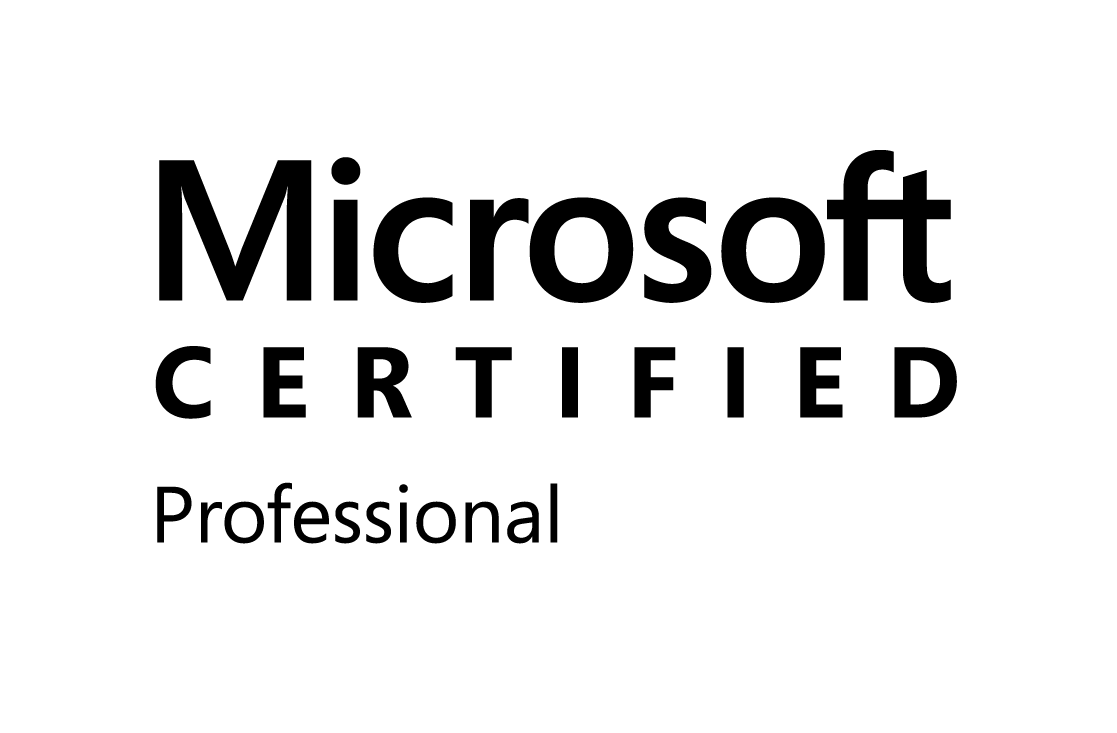JavaScript history and resources compilation
Index
- Intro
- History
- Books
- Videos
- Frameworks
- Others
- References
Intro

More and more this language is being popular to the point we can even use it all along the whole stack of our apps. A new JS framework has been released while you read these lines. This is something that makes me want to learn JavaScript. Here I enclose a bunch of resources that I'll be updating during time. I think you can find useful to start learning JS, or at least, confirm what you know about it.
History
JavaScript was originally developed in 10 days in May 1995 by Brendan Eich, while he was working for Netscape Communications Corporation.Although it was developed under the name Mocha, the language was officially called LiveScript when it first shipped in beta releases of Netscape Navigator 2.0 in September 1995, but it was renamed JavaScript when it was deployed in the Netscape browser version 2.0B3.
In November 1996, Netscape announced that it had submitted JavaScript to Ecma International for consideration as an industry standard, and subsequent work resulted in the standardized version named ECMAScript.
ECMA (European Computer Manufacturers Association) is a non-profit international institution who takes care of building standards in computer systems. It eases the building and communication between languages by creating standards used in: C#, C++, XML, JSON, JavaScript, JScript (Microsoft), ActionScript (Adobe Flash)...
The standard used by JavaScript is called ECMAScript and these are the different versions released by ECMA:
- In June 1997, Ecma International published the first edition of the ECMA-262 specification.
- In June 1998, some modifications were made to adapt it to the ISO/IEC-16262 standard, and the second edition was released.
- The third edition of ECMA-262 was published on December 1999.
- Development of the fourth edition of the ECMAScript standard was never completed.
- The fifth edition was released in December 2009.
- The current edition of the ECMAScript standard is 6, released in June 2015.
Books
JavaScript, the good parts: This book is considered a MUST to have in your library. It was written by the PayPal engineer Douglas Crockford in 2008 and although it's small book, it will give you the very fundamentals you will need in order to continue learning more advanced stuff.Videos
This Douglas Crockford's YouTube list contains around 80 videos where you will find out how the language evolved, who is Douglas or how the future of the language will be.Frameworks
- NodeJS: created by some Google's engineers on top of the V8 engine, it's a powerful tool as its main features are:
- Use non-blocking
- Event-driven I/O to remain lightweight
- Efficient in the face of data-intensive real time apps.
- AngularJS: some people say this platform brought order to the development in JS. It worth to know how it works and understand its benefits: single page application, controller approach...
- ReactJS: created by Facebook in order to bring statefull and richful controllers to the Web.
- MEAN: Full JavaScript stack built with MongoDb, ExpressJS, AngularJS and NodeJS. Best way to learn is doing: try this tutorial to build a Google Maps.
- jQuery: it's a fast, small and feature-rich JS library.
Others
- Crockford's site contains everything about JS
- Udemy ultimate JavaScript course
- 10 Interview questions every JS developer should know
- Vanilla Javascript
- Compare performance of different JS code snippets with jsPerf
- Check the quality of your JS with jsLint





